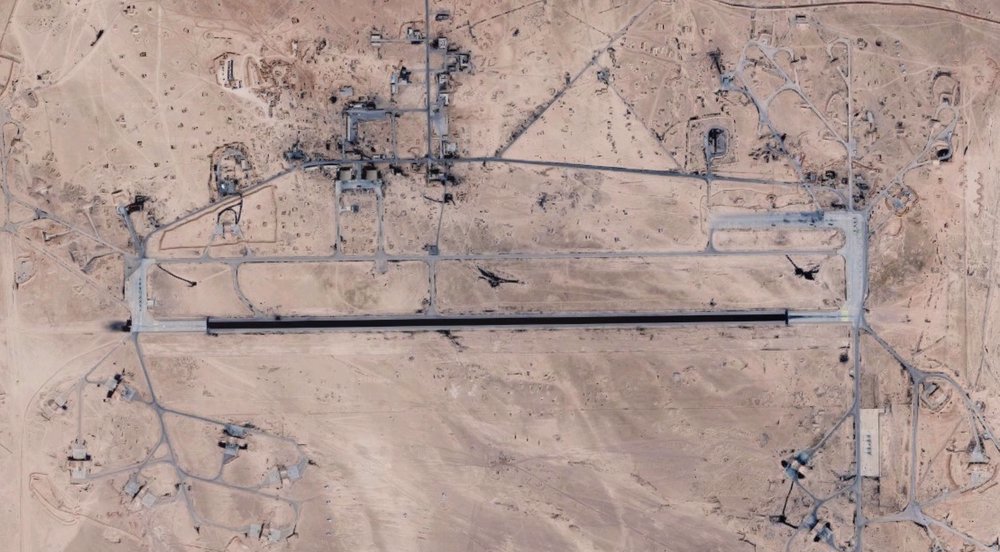Turkey blocks access to WikiLeaks after e-mail leaks
Turkish authorities have blocked access to WikiLeaks following a move by the website to publish a cache of nearly 300,000 purported emails from the ruling Justice and Development Party (AKP) officials in the wake of a failed coup attempt in Turkey.
Turkey’s telecommunications authority described the move in a statement on Wednesday as an “administrative measure,” which is a term commonly used by the organization when blocking access to websites.
It came only a day after WikiLeaks released 294,546 emails along with thousands of attached files purportedly from 762 mail boxes that are attributed to the primary domain of the AK Party akparti.org.tr.
The most recent email in the trove was sent on July 6, 2016, just a week before the failed military coup, while the oldest dates back to 2010.
“We have verified the material and the source, who is not connected, in any way, to the elements behind the attempted coup, or to a rival political party or state,” Wikileaks claimed.
Earlier, WikiLeaks had warned that Turkish government entities would try to interfere with the publication of the material, asking the public to support their endeavor for sharing the information.

The email leaks come at an incredibly sensitive time for Turkish President Recep Tayyip Erdogan in the wake of a recent failed coup in Turkey. At least 240 people, including 145 civilians, were killed in the violence and nearly 1,500 wounded.
Turkish officials have launched a large-scale crackdown in response. Turkey’s Ministry of National Education announced in a statement on Tuesday that it had dismissed 15,200 of its employees from their jobs over their alleged involvement in the attempted coup d’état.
The Turkish public broadcaster TRT reported that the High Education Board had ordered the resignation of 1,577 deans, including 1,176 in public universities and 401 in private institutions.
All academics have also been barred from leaving the country until further notice.
Sources in Turkey’s Interior Ministry said on Monday that a total of 8,777 public personnel had been dismissed from their official positions since the coup against the government was declared late last Friday.
Meanwhile, Turkey’s Religious Affairs Directorate has announced that imams would not lead prayers and funerals for the slain supporters of the attempted military coup.
The directorate, which employs all of Turkey’s 75,000 religious preachers, asserted that the ban would not apply to those who were caught in the violence.
Raids in northern Iraq
Separately, Turkish F-16 fighter jets conducted an airstrike against a purported position of the Kurdistan Workers’ Party (PKK) in the remote Hakurk area of Iraq’s northern and semi-autonomous Kurdistan region late on Tuesday, killing 20 Kurdish militants.

A shaky ceasefire between the PKK and the Turkish government collapsed in July 2015, and Ankara has been engaged in a large-scale campaign against the PKK in its southern border region as well as in northern Iraq and Syria in the past few months.
The operations began in the wake of a deadly July 2015 bombing in the southern Turkish town of Suruc, which left more than 30 people dead. PKK militants engaged in a series of supposed reprisal attacks against Turkish police and security forces after the bombing, in turn prompting the Turkish military operations.

Turkey readies plans to take over Syria’s T4 airbase: Report

Hundreds of thousands rally in Istanbul to call for release of jailed mayor

Over 1,400 arrested as protests continue in Turkey despite ban
Hamas says Israel ‘narrowing truce’, stresses any new deal must end Gaza genocide
UK, alongside E3, supports indirect Iran-US talks: British minister
More regional countries hail first round of Iran-US talks, express support for process
‘Exemptions short-lived’: Trump warns of new rounds of tariffs on tech industry
Over 200 civilians killed as Sudan’s RSF attacks Darfur displacement camps
VIDEO | Press TV's news headlines
VIDEO | Karachi sees massive march in solidarity with Palestine
VIDEO | Iran marks ‘Operation True Promise’ anniv.

















 This makes it easy to access the Press TV website
This makes it easy to access the Press TV website